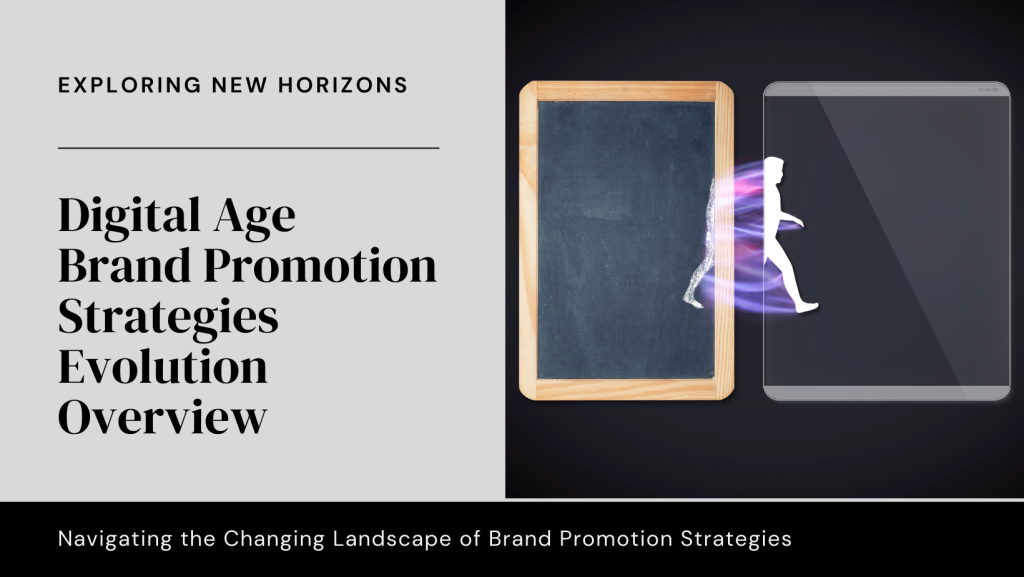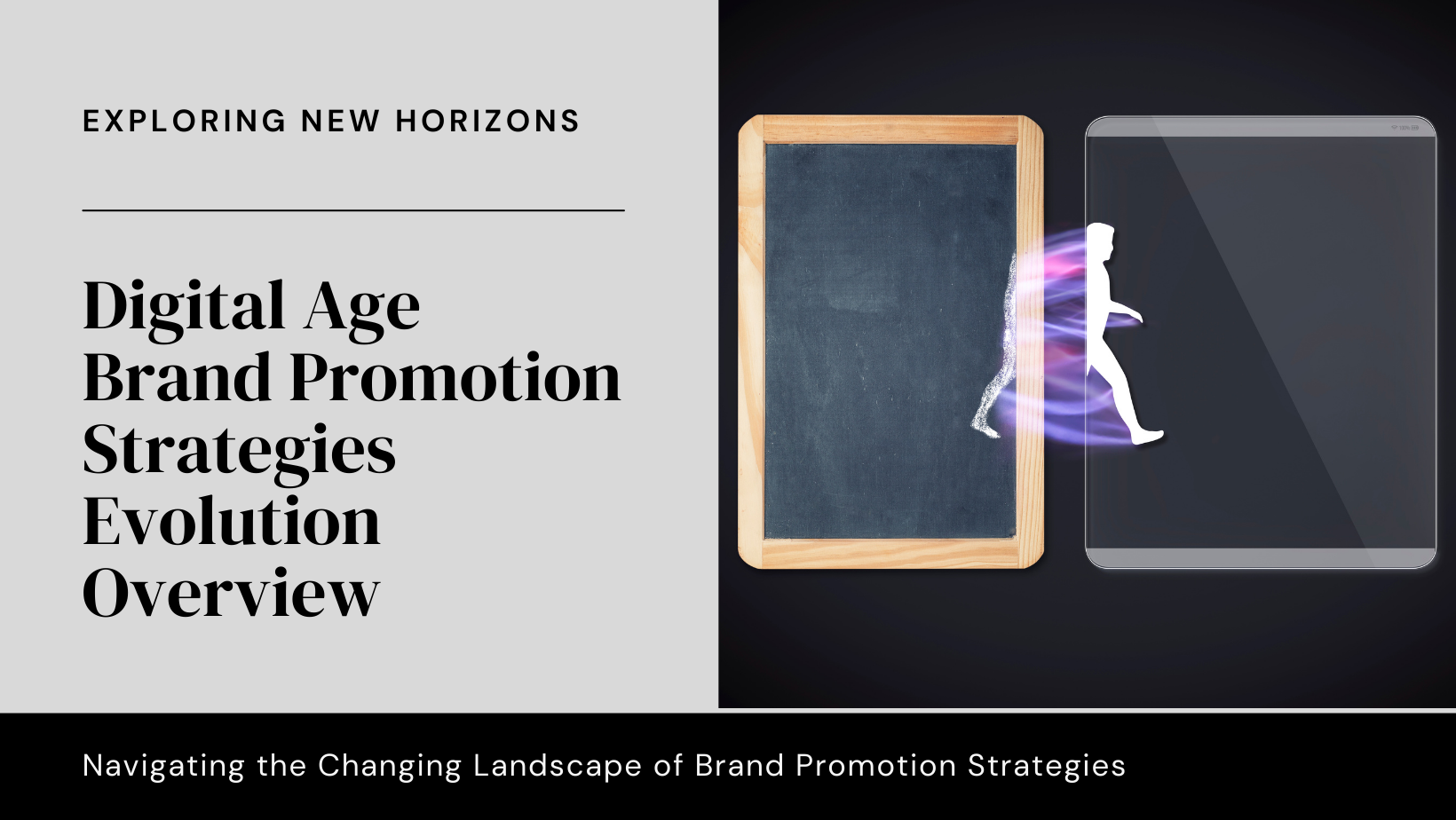Brand promotion strategies have undergone a significant transformation in the digital age, driven by technological advancements and changing consumer behaviors. Traditional methods such as television and print advertising have been supplemented, if not replaced, by digital platforms that offer unprecedented reach and engagement potential.
In the digital landscape, social media stands out as a cornerstone of brand promotion. Platforms like Facebook, Instagram, and Twitter allow brands to interact directly with their audiences, fostering engagement through content that resonates with users’ interests and values. Companies leverage these platforms not just to advertise but to build communities around their brands, encouraging user-generated content and fostering brand advocacy among consumers.
Influencer marketing has also emerged as a powerful strategy in the digital age. By partnering with influencers who have large followings and credibility in specific niches, brands can reach highly targeted audiences with authentic endorsements. This approach often results in higher engagement rates and improved brand perception, as consumers trust recommendations from influencers they follow.
Content marketing has become another cornerstone of modern brand promotion strategies. By creating valuable, relevant, and consistent content, brands can attract and retain a clearly defined audience—ultimately driving profitable customer action. Content marketing takes various forms, including blog posts, videos, infographics, and podcasts, each tailored to meet the informational needs and preferences of the target audience.
Moreover, the digital age has ushered in an era of data-driven marketing. Brands now have access to vast amounts of consumer data, allowing for precise audience targeting and personalized marketing campaigns. Through analytics and insights, marketers can track consumer behavior, measure campaign effectiveness, and optimize strategies in real time, ensuring maximum return on investment.
Despite these innovations, successful brand promotion in the digital age requires a cohesive omnichannel approach. Integrating various platforms and strategies—both digital and traditional—ensures consistent brand messaging and maximizes reach across diverse consumer segments. Brands that adapt quickly to technological advancements and consumer trends are better positioned to thrive in an increasingly competitive marketplace.
In conclusion, the evolution of brand promotion strategies in the digital age underscores the importance of adaptation and innovation. By leveraging social media, influencer marketing, content strategies, and data-driven insights, brands can engage with consumers more effectively than ever before. As technology continues to evolve, so too will the strategies and tactics that define successful brand promotion in the future.


